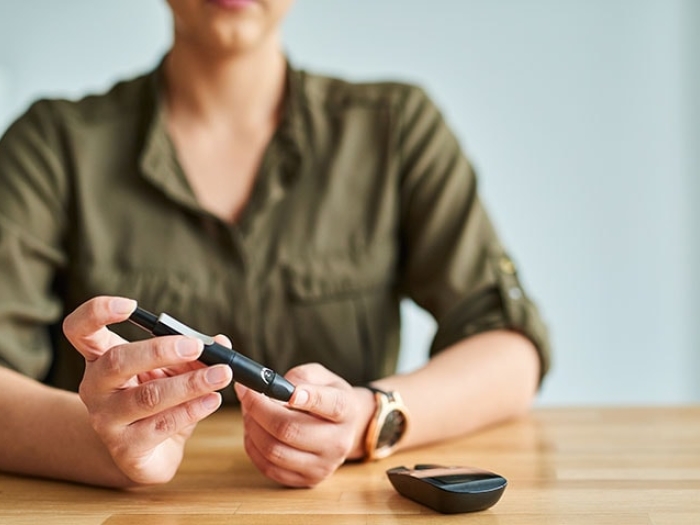Research and Policy Media Relations Manager
Gavin draws on more than 25 years of experience in communicating about science, medicine and health policy. She focuses mainly on the health services research done by members of the U-M Institute for Healthcare Policy and Innovation, who work to understand and improve the safety, quality, equity and affordability of health care. As part of the Michigan Medicine communication team, she has lead responsibility for primary care and mental health topics. Contact: [email protected]; Twitter: @Karag


Health Lab
A survey of first-year internal medicine residents shows those in programs with longer hours, less faculty mentoring and more research focus had higher depression scores.

Health Lab
Hospitals now have to tell you the price of their care — but that’s very different from what your cost will be.

Health Lab
Turning the tide demands improvements to pain care, mental health care and medication-assisted opioid addiction care, U-M researchers say in a new report.

Health Lab
Almost half of Americans ages 50 to 64 are worried they won’t be able to afford insurance in retirement, and 68 percent are also concerned about federal changes to health insurance.

Health Lab
Firearms have been the No. 2 cause of death for at least 17 years, even as prevention efforts have cut the death rate in half from motor vehicle accidents, the No. 1 cause

Health Lab
Most important: Don’t panic. Second most important: Spread the word.

Health Lab
A study with a satirical spin drives home a real point about the demands on general practitioners’ time and expectations for shared decision-making in primary care.

Health Lab
A new study finds 1 in 7 people with type 2 diabetes who don’t use insulin monitor their blood sugar levels more often than guidelines suggest.

Health Lab
Most veterans in VA mental health care approve of voluntary programs to reduce gun access during high-risk periods. What the findings could mean for doctors, patients and families.

Health Lab
Findings from Michigan enrollees may help other states understand the potential impact of Medicaid expansion and work requirements on health and employment.

Health Lab
By studying hundreds of brain scans, U-M researchers identify abnormalities common to people who suffer from obsessive-compulsive disorder.
News Release
The crisp early-winter air. The streets bustling with students and pre-holiday shoppers. The sounds of Strauss in a renowned concert hall.
News Release
Nearly 28,000 American children and teens have died because of firearms in the past decade – second only to the 44,800 who died in motor vehicle collisions.

Health Lab
New childfirearmsafety.org site offers free access to data, designed to accelerate prevention

Health Lab
First large study of surgical opioid prescribing and patient usage shows the potential for reduced amounts and the importance of safe disposal of unused pills